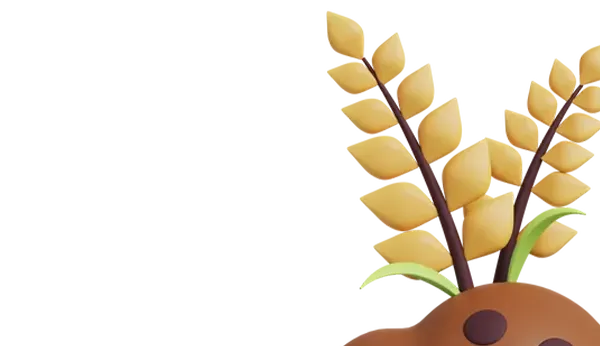The lifting of the ban on neonicotinoids - insecticides that harm bees but help combat diseases in agricultural crops - has not led to an increase in sugar beet cultivation in France. As a result, the production volumes of the largest sugar producer in the European Union will decrease in a year. Cercospora yellows virus has reduced yields and production to a minimum in two decades.
According to Timothy Masson, an agronomist from the French sugar beet producers' association CGB, strict requirements for the use of neonicotinoids, including restrictions on planting some alternative crops such as maize and rapeseed, will prevent an increase in sugar beet cultivation. The group predicts that these areas will shrink by 10% to a 12-year low of 380,000 hectares in the 2021-22 season starting in October.
The 400,000-hectare level was announced by the French Ministry of Agriculture this week.
"Producers are facing a difficult choice between using neonicotinoids and reducing the production of alternative crops in the coming years, or giving up their use, which will hit sugar beet yields, as seen this year."















